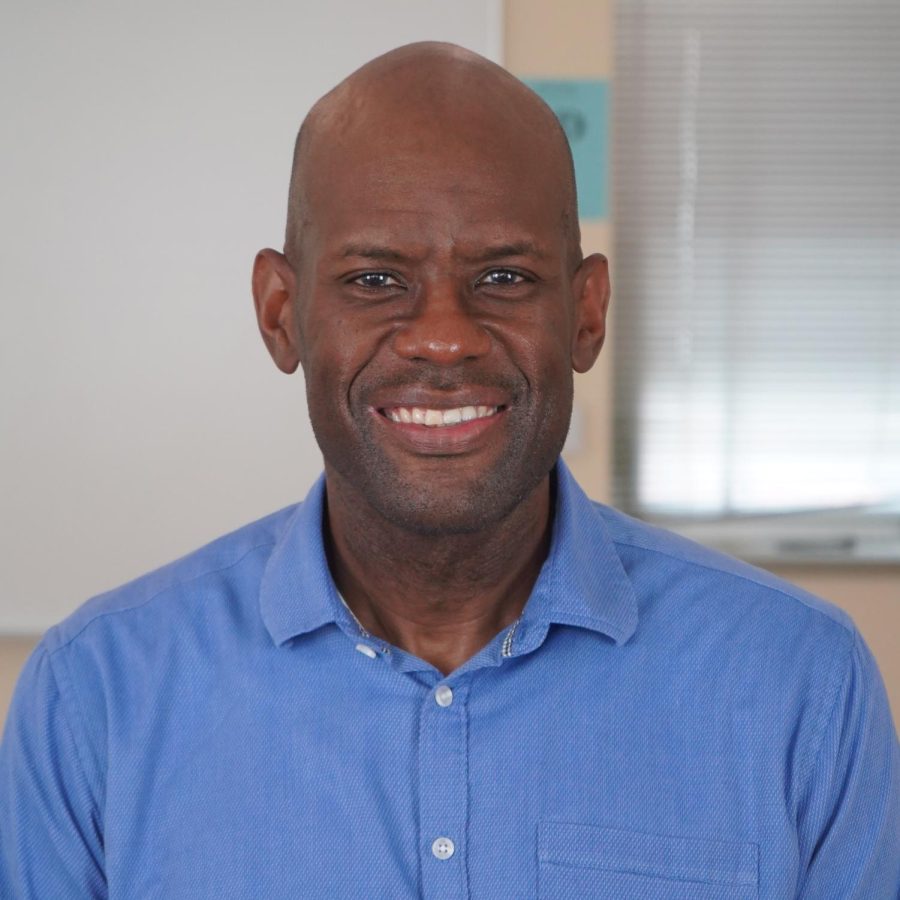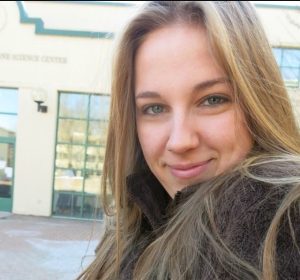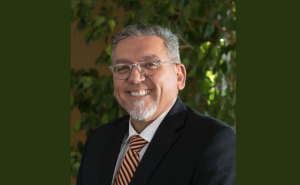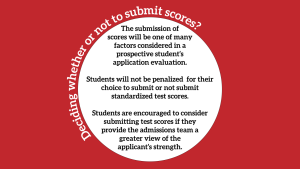GSE Lecture Series Tackles Ongoing Debate in Education
The talk highlighted the threats the age of school choice poses to youth civil rights, lower-income school districts and state education funds
COURTESY OF PRESTON GREEN
Preston Green III, a professor of urban education at the University of Connecticut and educational law scholar, was the guest lecturer at the latest installment of the Graduate School of Education’s (GSE) annual “Barbara Jackson, Ed.D. Lecture.”
November 2, 2022
The latest installment of the Graduate School of Education’s (GSE) annual “Barbara Jackson, Ed.D. Lecture” invited Preston Green III, a professor of urban education at the University of Connecticut and educational law scholar. The lecture, “Developing a Model Civil Rights Statute in the Age of School Choice,” included discussions about the impact of public education funds on lower-income school districts and community resources. The lecture was live streamed on Oct. 19 at 5:30 p.m. and was hosted by Alvarado.
Green has written extensively on the topics of educational access and school choice as well as has sought to promote the achievement of equal educational opportunity through collaborations with the Southern Poverty Law Center, the University of California Los Angeles Civil Rights Project, the Century Foundation and the National Education Policy Center.
During the two-hour lecture, Green explored the shortcomings of school choice policy, which putatively allows parents to choose the mode of education that best fits their child’s needs, and presented solutions evidenced by research. The webinar panel included Passaic Public School District Superintendent Sandra Montañez-Diodonet, Ossining Union Free School District Superintendent Ray Sanchez of the and Dean of GSE José Luis Alvarado.
The panelists tackled the debate around the implementation of school choice policy and the factors at stake for students, educators and state governments. The concept of allocating public school district funds to support alternative modes of education, such as private and/or charter schools, is an ongoing conversation in the education field.
Green offered an analysis of the sociopolitical issue, which was supported by his research goal to “develop protections for students and communities in privatized settings.” He divided the concerns of those opposed to school choice into three categories: loss of civil rights, increased stress to fiscally strapped districts and predatory contracts.
Regarding the loss of civil rights, Green produced a checklist comparing civil rights protected in public schools to those in private and charter schools. Students in private and charter schools are not protected by the Due Process Clause, the Equal Protection Clause, the Equal Educational Opportunities Act or the Individuals with Disabilities Education Act.
“This has major implications for Black students, in particular,” Green said. “Some charter schools do engage in practices which are concerning; among them is hair discrimination. Many charter schools have policies about hair — that Afro-centric hair is forbidden.”
He explained that discrimination on the basis of culture or race which may be perpetuated in charter schools should the Supreme Court rule them private actors in the future. Green noted that he and his colleagues predict this will occur.
Green shared the example of a case that occurred in Malden, Massachusetts, where a charter school had to change its policy because “it was found to be discriminatory against Black girls.” The lack of due process becomes significant in scenarios like this, as students must choose between abiding by rules that may violate their constitutional protections or risk facing strict, unregulated expulsion policies, according to Green.
In addressing a concern from the guest responses to the lecture, Green discussed the tremendous amount of debt accumulated by public school districts that are required to provide tens of thousands of dollars for every student transferring to private and/or charter schools. Green explained that this threatens some districts’ existence with insurmountable debt, particularly those in fiscally strapped urban and rural areas.
Green, who has previous background in real estate and contracting, also applied this experience to his analysis of school choice dangers. He illustrated the issue of predatory contracts using an example of a charter school in New Jersey.
Green concluded the lecture by acknowledging the benefits of school choice, a concept often favored by marginalized communities, as a valid method of offering students across backgrounds access to quality education.
“One charter school paid $25 million on an interest-only loan for a building that was bought for $10 million,” Green said. “What happened here was that the State Department of Education claimed it did not have the authority to review leases.”
The model statute Green proposed in response to this threat was states’ ownership of real estate purchased with charter school funds, a legal provision already established in Idaho, Kentucky, Ohio, Rhode Island and Texas, according to Green. This would ensure school real estate contracts and leases are reviewed for fairness and accuracy.
Green concluded the lecture by acknowledging the benefits of school choice, a concept often favored by marginalized communities, as a valid method of offering students across backgrounds access to quality education. Nevertheless, he qualified this perspective by asserting the importance of civil rights — prompting audiences on both sides of the school choice policy argument to contemplate the give-and-take relationships between charter and/or private schools and students, public school districts, and the relationship between privatization and education in general.
“As superintendents and administrators, we have to kind of grow our own so people can stay and so, if you will, do your own charters within.” Sandra Montañez-Diodonet,Passaic public school district superintendent
Following the presentation, superintendents Montañez-Diodonet and Sanchez reflected on the three dangers and shared that the fiscal challenges posed by school choice resonate most with their experiences. Montañez-Diodonet shared areas in which her public school district of Passaic City, NJ, is improving retention rates and keeping schools alive.
“If schools are not working for kids, you want parents to do what they have to do,” she said. “But, I think as superintendents and administrators, we have to kind of grow our own so people can stay and so, if you will, do your own charters within.”
Until school choice policies are amended to address the dangers presented by Green, responses from Montañez-Diodonet, Sanchez, Alvarado and general attendees suggested that public school district leadership and educators will continue to be wary of the emerging age of school choice.















